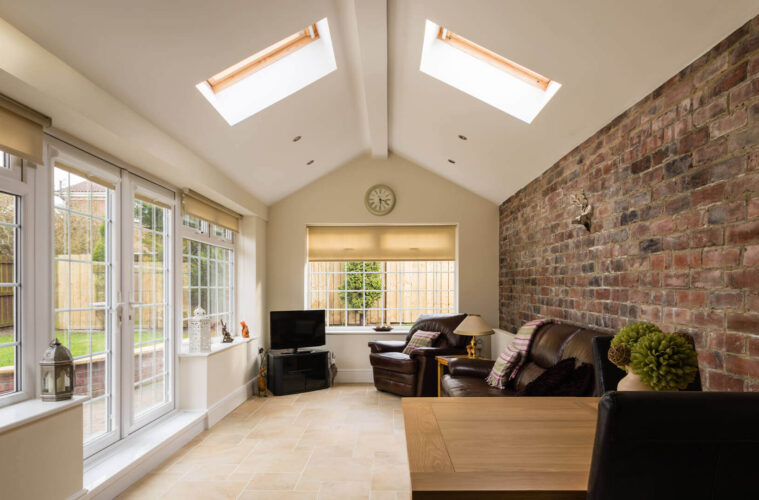Do you want more space? Do you need to accommodate your growing family? You can achieve this without buying a larger home. Instead, consider adding an extension to your home.
Adding an extension to your home can be a great way to increase the size of your living space, but it is not always easy. There are many factors to take into consideration when deciding whether or not to extend. Here The Architecture Designs discuss 7 tips that should be taken into account before making any decisions.
1- What is my budget?
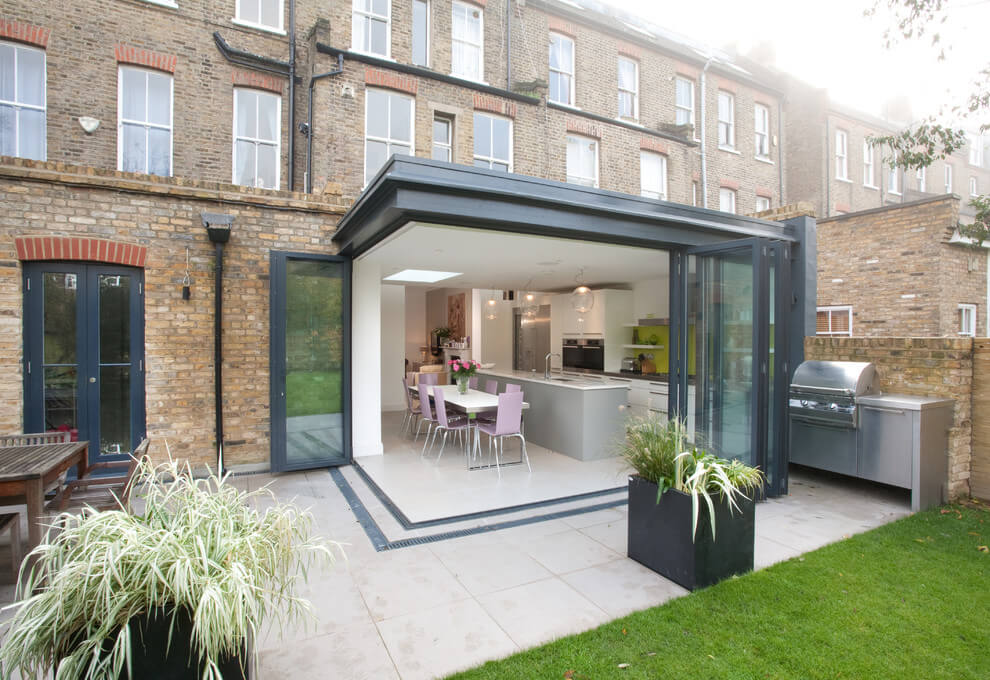
source: pinterest.com
Adding an extension to your home can be very expensive, especially if you get carried away with the design. When planning out a new extension, the best thing that you can do is set yourself a realistic budget and stick to it.
You don’t want to overspend on building costs because there are many other features that you can use some of the money for instead.
2- Type of extension
The first step in building an extension is deciding what type of extension should be you should choose. This will depend on the size and shape of your property as well as the amount of money you have to spend.
In most cases, if you do not have enough space or funds, then it might be wise just to extend upwards rather than outwards.
This could mean either adding an extra floor above where your current roofline ends or by installing a new roof that would give more headroom downstairs.
These are both very popular types of extensions because they cost less but still provide additional living space without taking up too much room from your garden etc., which may limit other uses for this area later down the road.
3- How will an extension impact your property value?
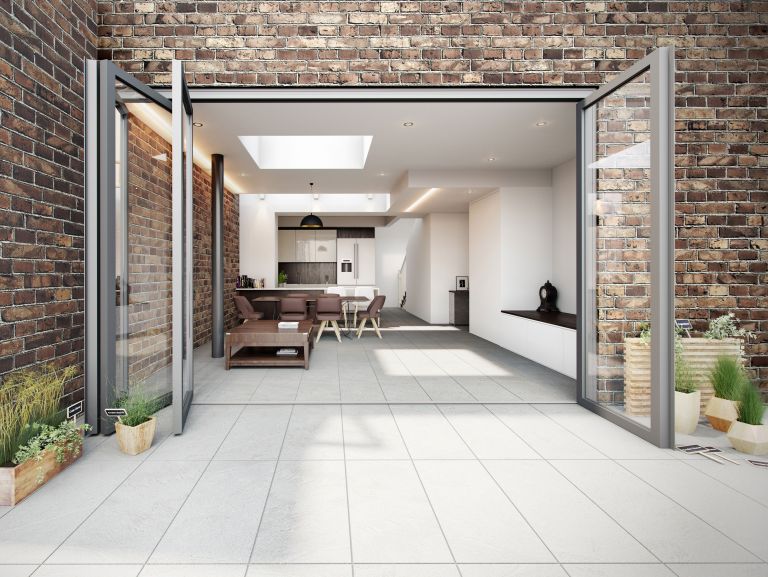
source: pinterest.com
One of the most important things to consider before investing in an extension is how you feel about your home’s value. Will it increase or decrease?
Extensions can have a massive effect on a property, sometimes causing values to rise and other times dropping them significantly.
This is why we recommend that once you’ve decided what type of extension would be best for your house and budget, consult real estate agents for expert advice. They could potentially give some insight into whether adding an extra floor, for instance, will positively or negatively impact the value of your home when you want to sell later down the road.
4- Will you have enough space in the house with a new addition?
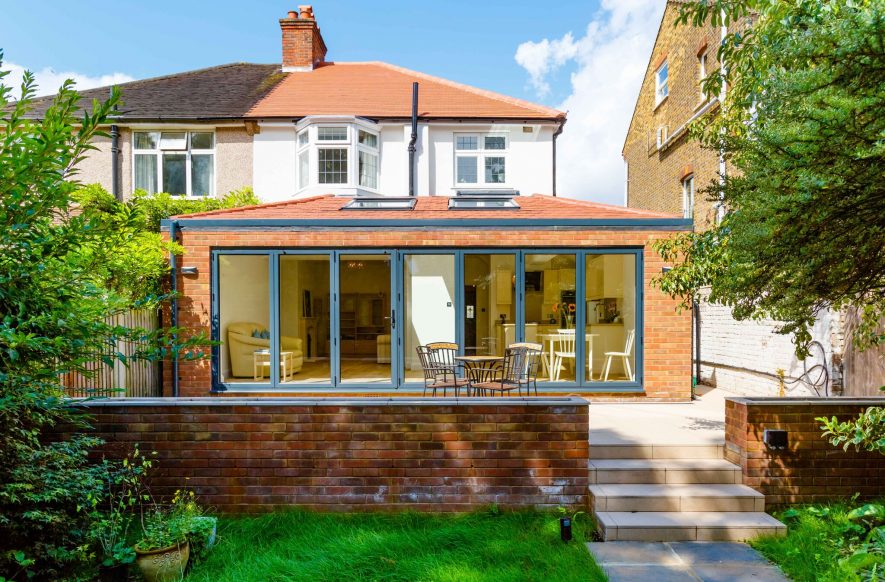
source: drpropertysolutions.com
Some homeowners feel that adding an extension will provide more space in their house, but this is not always true.
Suppose you are planning on using the new area for working, cooking, or sleeping. In that case, it really depends on how much space your current rooms have. If they don’t have enough space to accommodate these activities when combined with a new addition, there’s no point extending at all!
Therefore, it’s essential to consider the architecture plan drawing of your home to see exactly what type of work will need to be done before or after building an extension, depending on where it would best fit into your daily routine.
5- Is there anything else that needs to be done before adding an extension, such as landscaping or roofing repairs?
Your property’s foundation is very important, especially if you are looking to build an extension at some point because it can affect the stability of your house.
Any significant changes that take place on the ground floor will need to be approved by a structural engineer before any work begins to make sure that everything is safe and secure for existing occupants and those who may move in later down the road.
This could help prevent serious problems with your building structure or, even worse, injuries from occurring, which would cost more money than ever imagined!
If this type of problem occurs, you might lose money and have to deal with insurance companies, which means extra phone calls just about repairs, etc. If caught beforehand, things like this can be avoided.
6- How soon do you need this work completed?
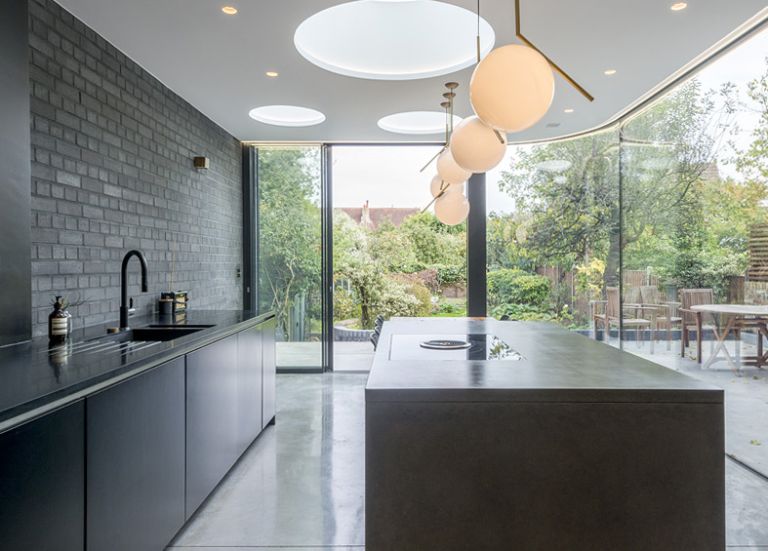
source: pinterest.com
If you are planning on adding an extension to your home, it’s important to get a realistic time frame to complete this work.
What options do you have if the project is too big for your budget or simply cannot be done fast enough?
We recommend that if you need to extend quickly and want the cheapest possible way of doing so, consider hiring professional help from builders who can provide temporary structures within 24 hours.
This means they will erect walls etc., with windows just like any regular building but only temporarily!
Once complete, these extensions will not impact your property value at all, meaning they can go up overnight without needing permits as well as being very cost-effective – much cheaper than full build costs anyway.
7- How will you deal with neighbors and other residents who might not be happy about the extension?
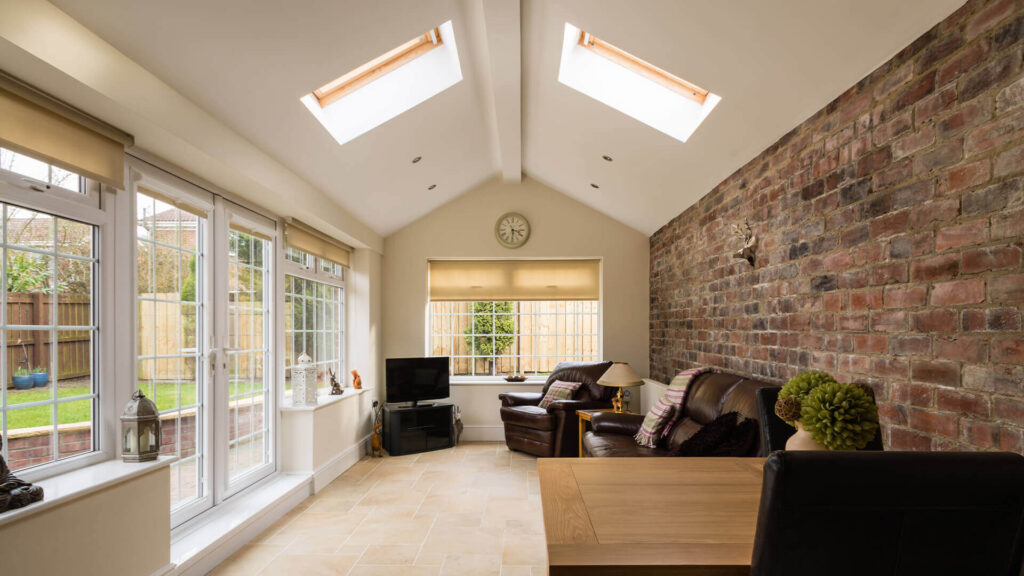
source: pinterest.com
Before adding an extension to your home, you must consider how this may impact those around you.
When there is building work going on nearby, people can become very agitated by loud noises or even dust contaminating their properties!
If these issues are severe enough, then complaints from others in the neighborhood could lead to all sorts of consequences, such as delays, which would cost more time and money than ever before.
To avoid any misunderstandings at all costs, therefore, we recommend talking to local authorities beforehand. They know exactly what type of work needs doing when – for example, if a permit is required, make sure one has been issued first before beginning anything else!
Conclusion
By following these simple steps, you will be able to add an extension without any problems whatsoever. Remember that planning is key if you want everything completed on time and within budget; otherwise, the results could be catastrophic!

